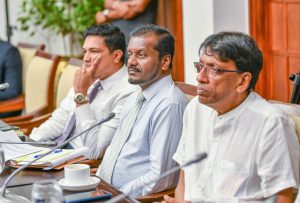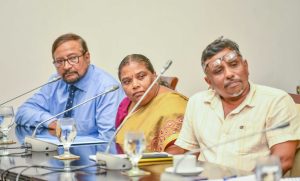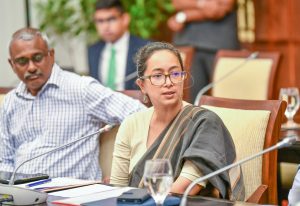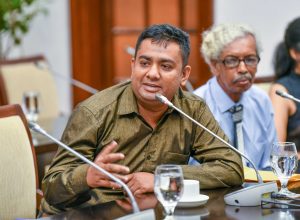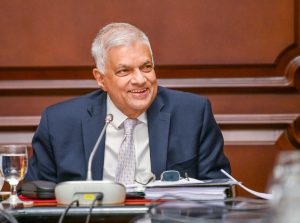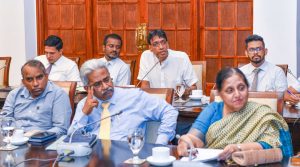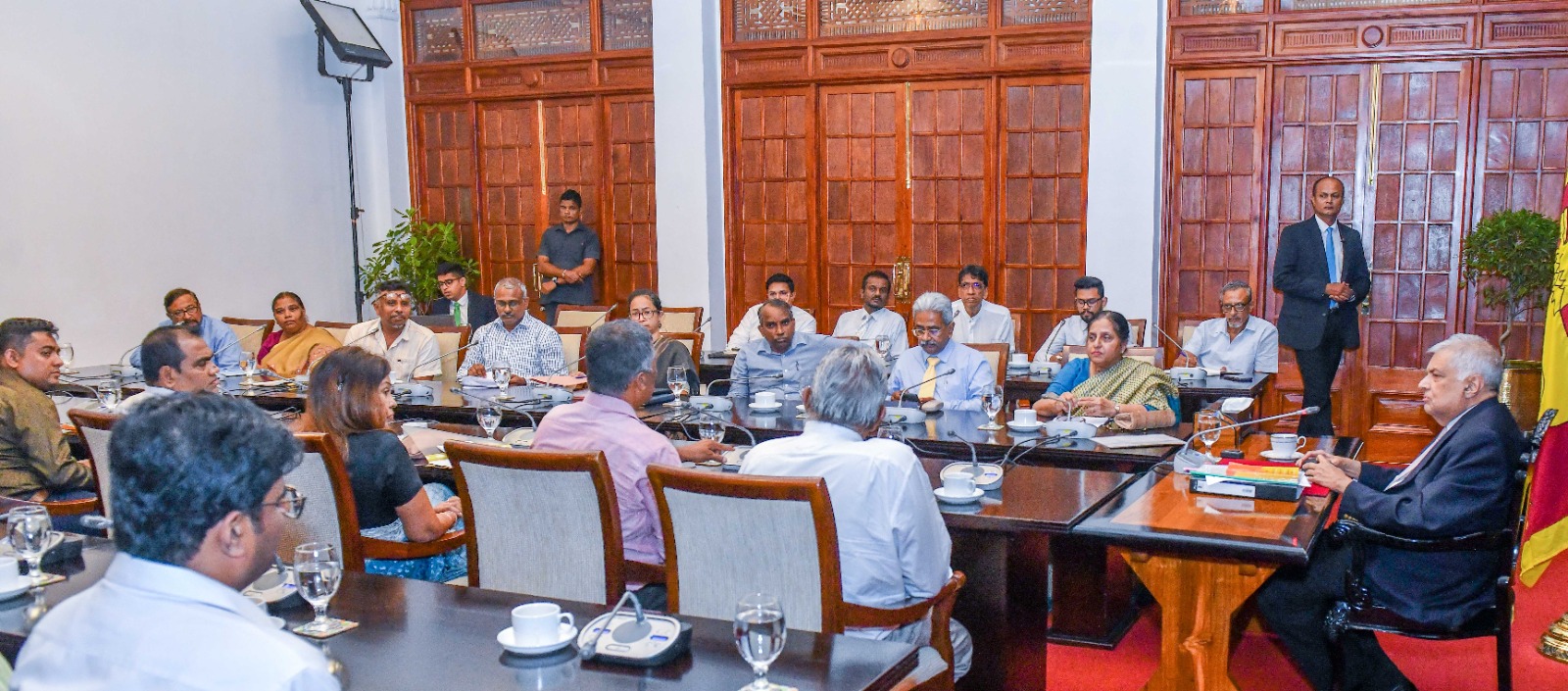
In a recent meeting held on March 14th, 2024, President Ranil Wickramasinghe met with representatives from various civil society organizations (CSOs) to address their concerns regarding the proposed draft NGO Act 2024. The meeting, convened at the Presidential Secretariat, aimed to facilitate dialogue between the government and civil society on the potential implications of the proposed legislation.
During the cordial meeting, 13 representatives from the CSO-Collective core group, alongside other civil society members, expressed their apprehensions regarding the draft bill. Key concerns raised by the CSO representatives included the lack of alignment between the proposed law and the guiding principles outlined by the CSOs, the broad scope of institutions targeted for mandatory registration, and the perceived administrative burdens and potential for abuse within the registration scheme.
The CSO delegation emphasized that the proposed legislation could stifle the activities of smaller local organizations and lead to undue interference and control by government authorities. They argued that existing laws and agencies already address concerns related to national security and terrorist financing, making the proposed NGO Act redundant in its current form.
In response, The president acknowledged the need for security measures and transparency in philanthropic activities, citing discussions within the Security Council and public inquiries following previous security incidents. However, he remained non-committal regarding the timing of the law’s implementation, assuring the CSO representatives of the government’s commitment to safeguarding freedom of association, expression, and assembly.
The President encouraged continued dialogue and consultation between civil society and the government, inviting CSO representatives to submit their concerns formally. He assured them that the government would carefully consider their input during the legislative process, which is still in its early stages. President also outlined the various steps involved in finalizing the bill, including review by the attorney general’s department, deliberations at the sectoral oversight committee, and potential judicial review at the Supreme Court.
Furthermore, the President highlighted upcoming legislative priorities, with bills related to women’s empowerment slated for consideration in the coming months of April and May.
The meeting concluded with a commitment from both sides to engage further in constructive dialogue and collaboration to ensure that the proposed NGO Act reflects the interests of all stakeholders involved.
